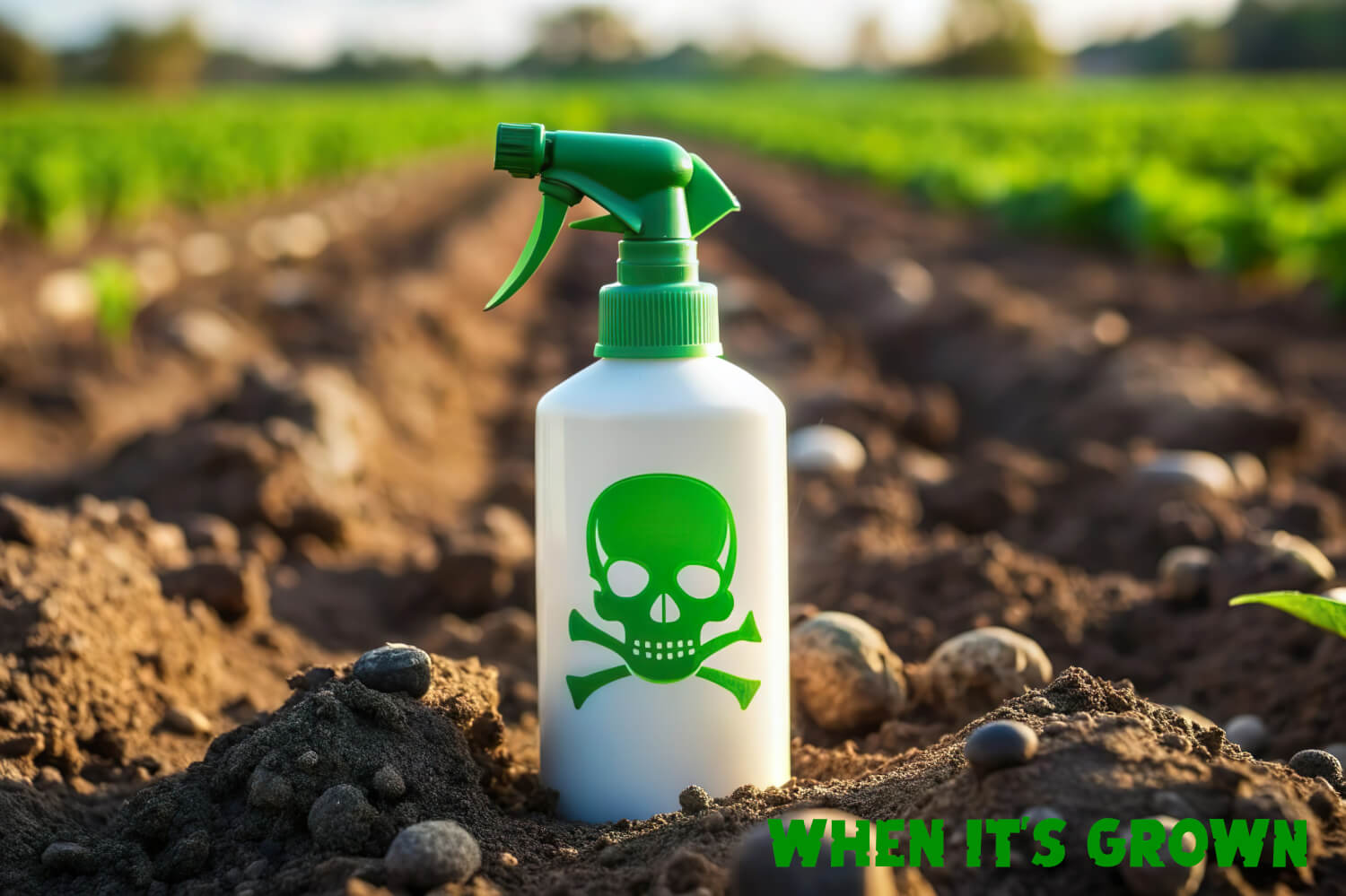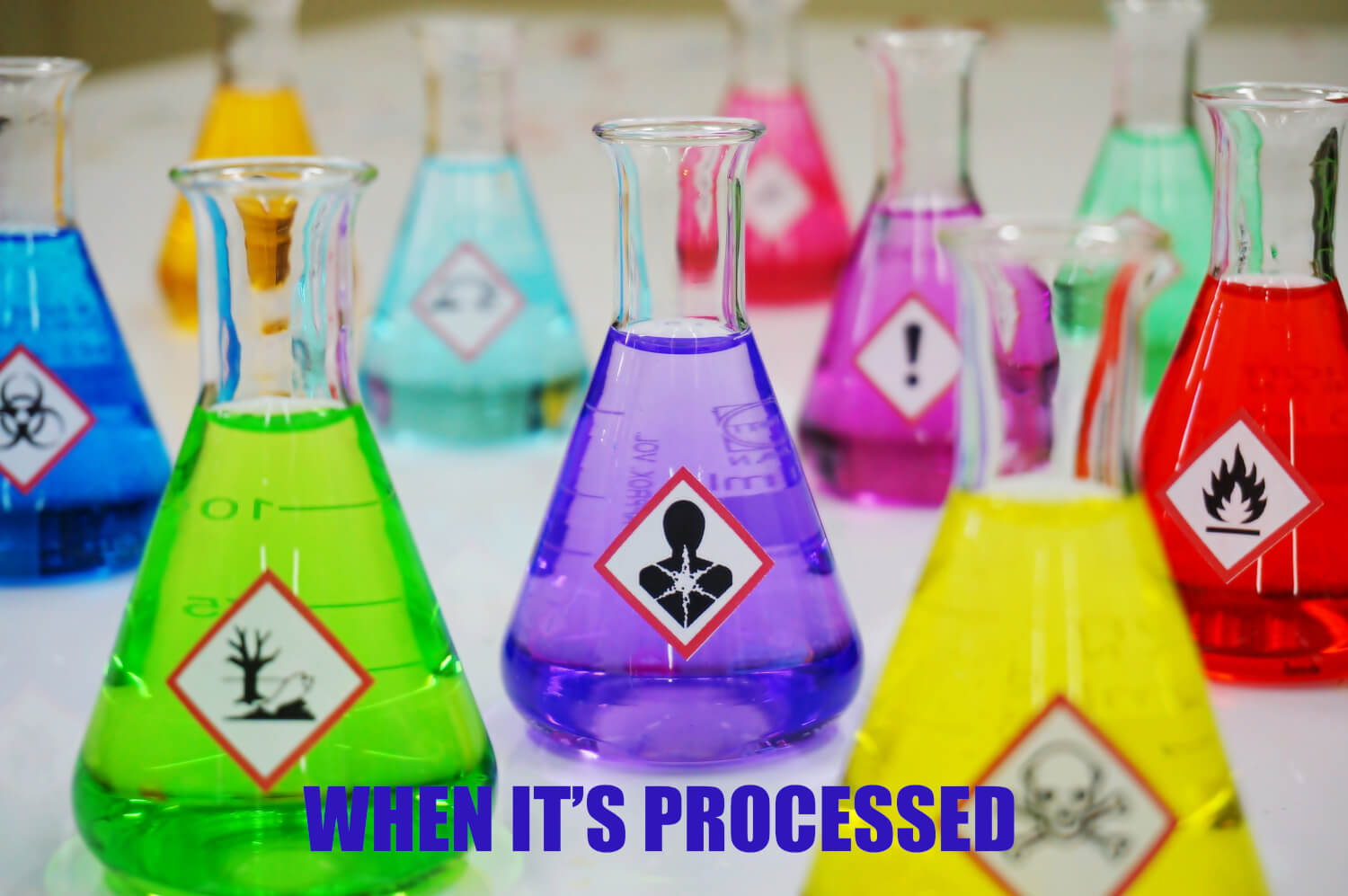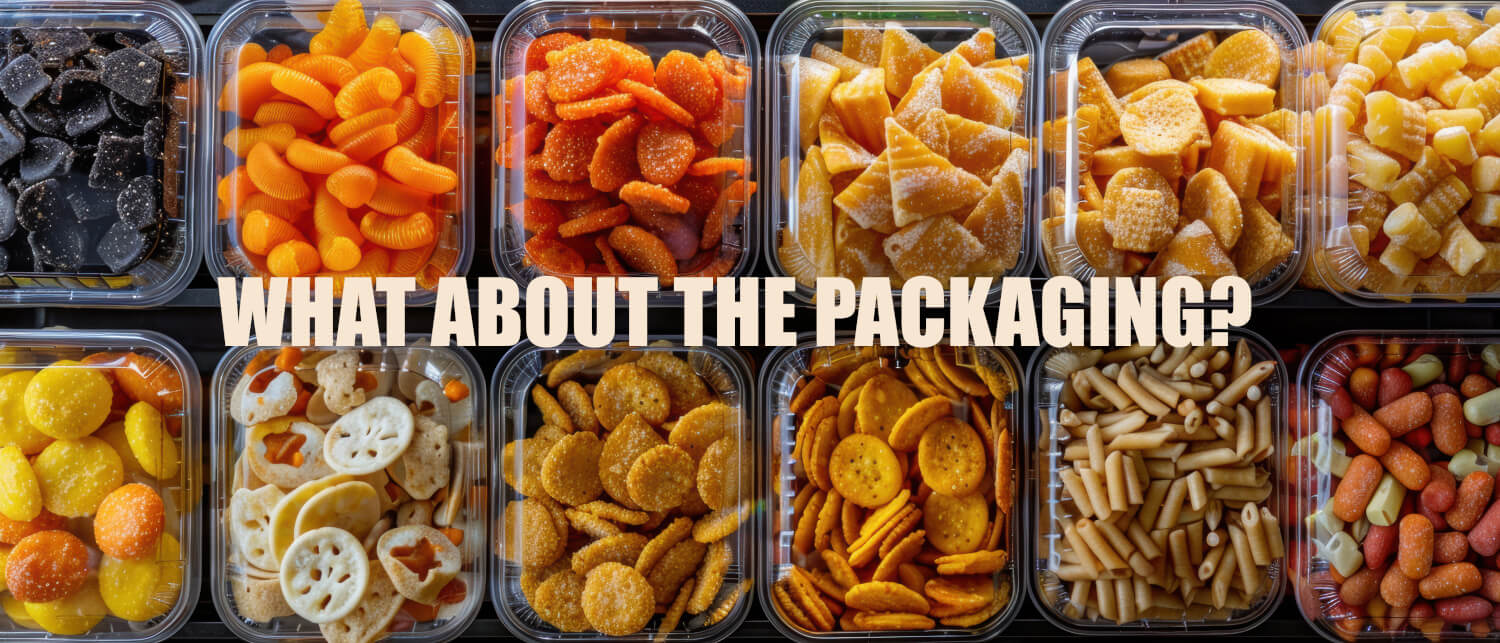Please read our SPECIAL ANNOUNCEMENT on the recent tariffs. Visit our online 2026 Stock Catalog!
Oct 30th, 2024
Consumers are more concerned with food safety than ever before. There are so many opportunities for chemicals to make it into foods and the bodies of consumers and their children. Sales of organic foods have grown by double digits, every year. Skepticism about organic claims is growing, as well.

Pesticides are just the beginning of family concerns. Modern agricultural practices may result in food that is less nutritious.
"As snacking replaces main meals, the BFY (better-for-you) snack is critical to meeting nutritional needs. Despite a crowded market, consumers want ideas for BFY snacks that are easy, satiating, and delicious." Michele Scott, Associate Director, US Research – Food and Drink at Mintel
Then, there are the additives, preservatives and artificial colors, that are still used in this country, but have been banned or limited in some other countries. Most consumers are spending more time determining if their choices have nutritional value, without questionable ingredients.

But, what about the packaging. Will the packaging introduce more chemicals to the food products?
The same shoppers that are concerned about healthy food choices for their families are also concerned about the impact of the food and packaging on the environment. Is the food sustainably and responsibly grown and sourced? Is the packaging recyclable or will it end up in the landfill? Will it bio-degrade?

Regardless of whether plastic packaging is recyclable or not, it is just a life extension, with an eventual trip to the landfill. Not only that, but microplastics, from the recycling process, have been found in the human body. The AAMC (The American Association of Medical Colleges) study shows that there are microplastics inside of us all. Researchers are trying to understand the impact on our health.
Choosing tin packaging for better-for-you foods and snacks, offers FDA approved inks and coatings and also, the electrolytic tinplate itself is FDA approved for food contact. Being 100% infinitely recyclable is fantastic for the environment. The ease of recycling makes it more likely that consumers will recycle. There is no special handling required and it is collected, curbside, in most states and localities.
Independent Can operates SQFI (Safe Quality Food Institute) audited and certified facilities in which food-contact packaging is manufactured. The use of global food safety and quality standards, such as SQF, have become a driver for the raising of standards for food safety and risk-based preventive control.
If your quantity is below minimums, our stocking distributors would be happy to take your order. Learn more about our stocking distributors.